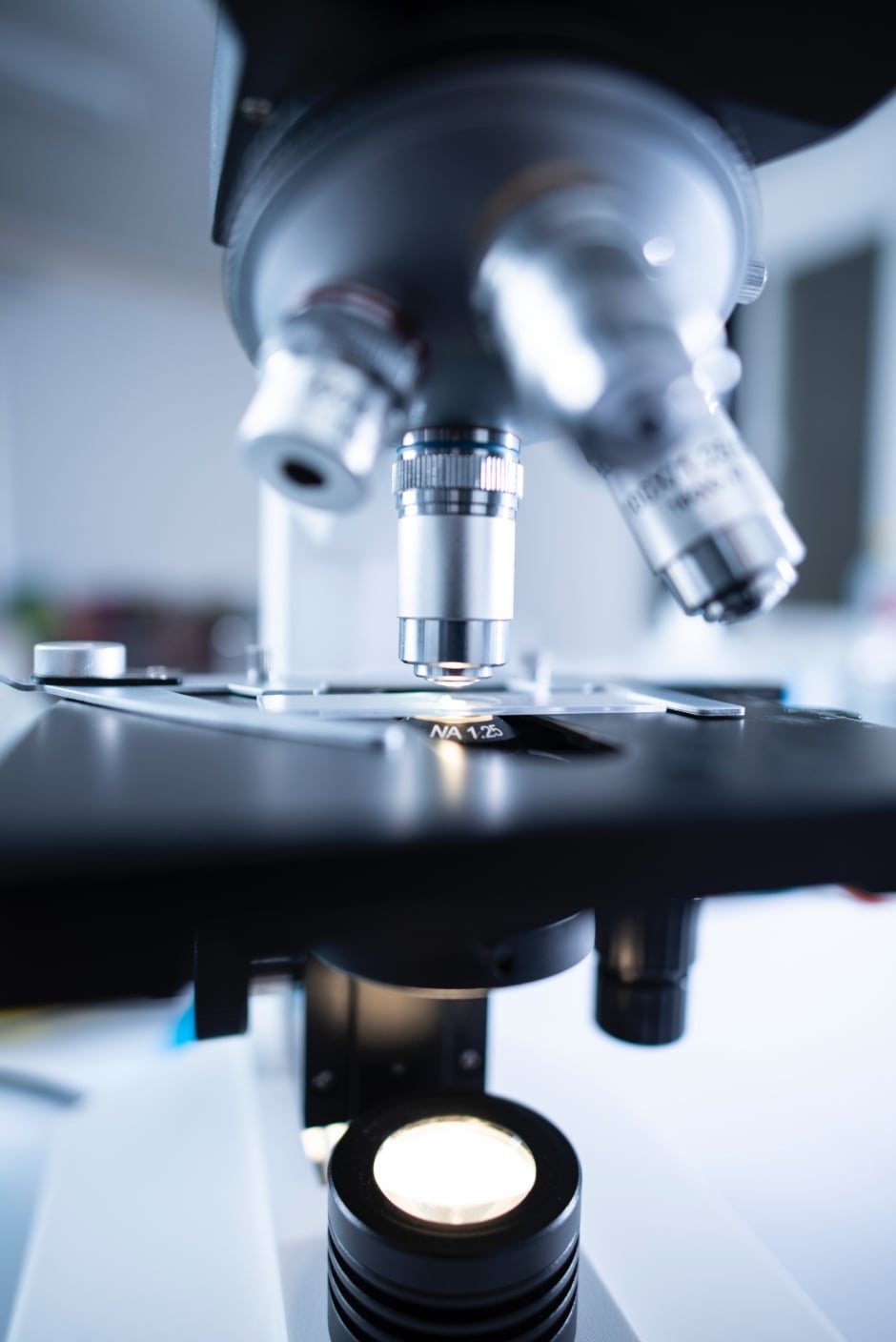NOVEL therapies have been developed around the world to tackle severe acute respiratory syndrome coronavirus 2 (SARS-CoV-2). Researchers from the molecular biology department at The Pennsylvania State University, USA, have come up with an innovative strategy of using a non-functioning synthetic version of SARS-CoV-2 to annihilate the disease-causing alternative. This synthetic version of the COVID-19 virus has been proven to interfere with the growth process of the SARS-CoV-2 virus and could be developed as anti-viral therapy for the disease.
The idea originated from defective interfering (DI) viruses found in the natural environment, which contain substantial deletions in their genome data and quite frequently affect the capacity to replicate and package their genetic material into virions. What is interesting is that the DI genomes also have the potential to affect the functionality and replication of genetic material of wild-type (WT) virus if found in the same cells. The DI virus genome is like a leech to a WT virus and could hinder the growth and replication of the non-mutated SARS-CoV-2 virus. Furthermore, the researchers discovered that due to the deletions, the DI genome was much shorter therefore replicated quicker and transcended the WT virus in infected cells.
The researchers engineered synthetic DI genomes from various parts of the WT SARS-CoV-2 genome and reintroduced them into cells that were already infected with the unmutated SARS-CoV-2 virus. They observed the replication and interference time of both the DI and WT virus. The results after 24 hours showed that the DI genome reduced the SARS-CoV-2 by almost one-half and increased 3.3 times faster than the disease-causing virus. Further investigation is required to support the possibility of using SARS-CoV-2 DIs as an anti-viral treatment for COVID-19, however the results of this research are promising.
“With some additional research and finetuning, a version of this synthetic DI could be used as a self-sustaining therapeutic for COVID-19.” said Marco Archetti, associate professor of biology at The Pennsylvania State University.








